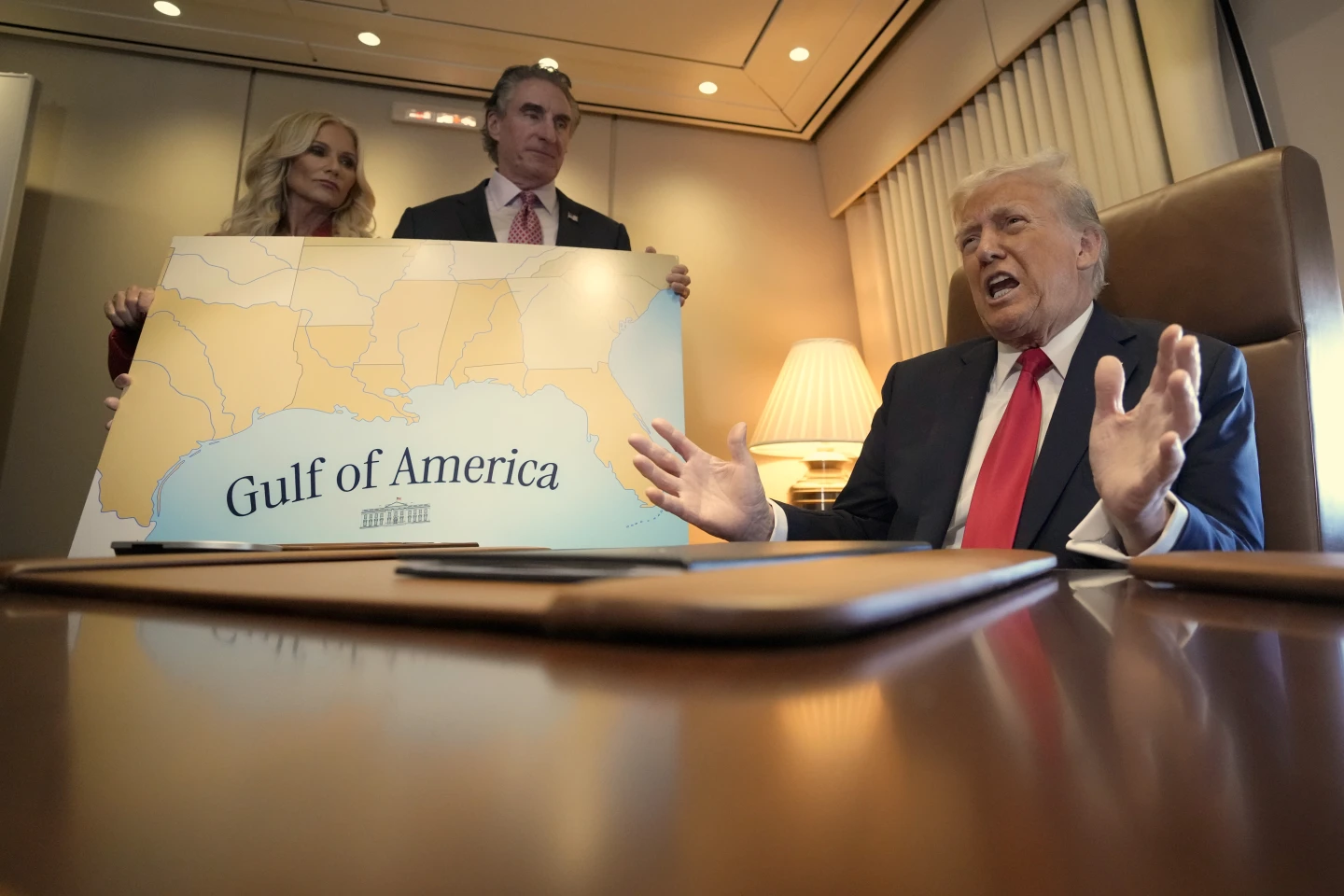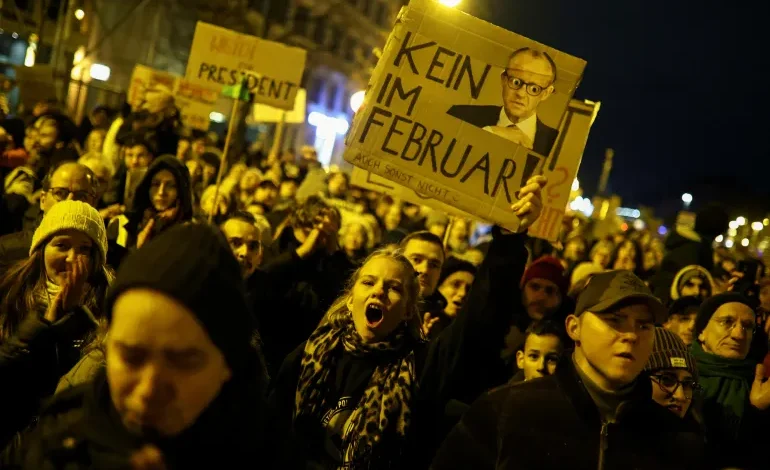Tens of thousands of people took to the streets across Germany this weekend to protest a push for stricter migration laws backed by the conservative Christian Democratic Union (CDU) and the far-right Alternative for Germany (AfD) party, Al Jazeera reports.
Demonstrations erupted in major cities including Berlin, Hamburg, Munich, Cologne, and Leipzig, as citizens voiced their anger over what many perceive as a dangerous breach of Germany’s unwritten anti-far-right consensus.
The controversy stems from a non-binding resolution, passed by the CDU and AfD on Wednesday, aimed at blocking undocumented foreigners, including asylum seekers, at the border. While a subsequent, more stringent immigration bill failed on Friday, the initial vote has sparked widespread outrage. Critics accuse CDU leader Friedrich Merz of shattering the so-called “firewall” – an informal agreement amongst mainstream German parties to never cooperate with the far-right AfD.
The CDU and AfD’s collaboration is particularly contentious given the AfD’s nationalist ideology and growing popularity. The AfD is currently polling in second place nationally, ahead of the governing Social Democratic Party (SPD), which trails behind the CDU in the lead.
On Sunday, an estimated 160,000 people flooded central Berlin alone, according to police figures, while organizers claimed over 200,000 attended the demonstration. Protesters temporarily blocked CDU offices in multiple cities. Saturday saw over 220,000 individuals participate in demonstrations nationwide, according to public broadcaster ARD. In Cologne, hundreds of people protested from 350 boats along the Rhine River, carrying banners with slogans such as “No racism” and “For democracy and diversity.”
The CDU’s push for stricter migration policies follows a deadly knife attack last month by a rejected asylum seeker. However, Mr. Merz’s decision to pursue a resolution with AfD backing has been widely criticized, with accusations from protesters and left-leaning politicians that he has broken a major taboo and jeopardized the integrity of Germany’s democratic system.
Merz insists that his position remains unchanged and that he did not and will not work with the AfD.
The current controversy comes amid an already tense political climate in Germany. The CDU is polling at roughly 30% nationwide, while the AfD has climbed to about 20% support ahead of the federal election slated for February 23. The SPD and Greens are further down in the polls.
The AfD’s rise in popularity is attributed in part to former Chancellor Angela Merkel’s 2015 decision to allow a large influx of migrants and refugees into the country. The AfD first entered the national parliament in 2017.








